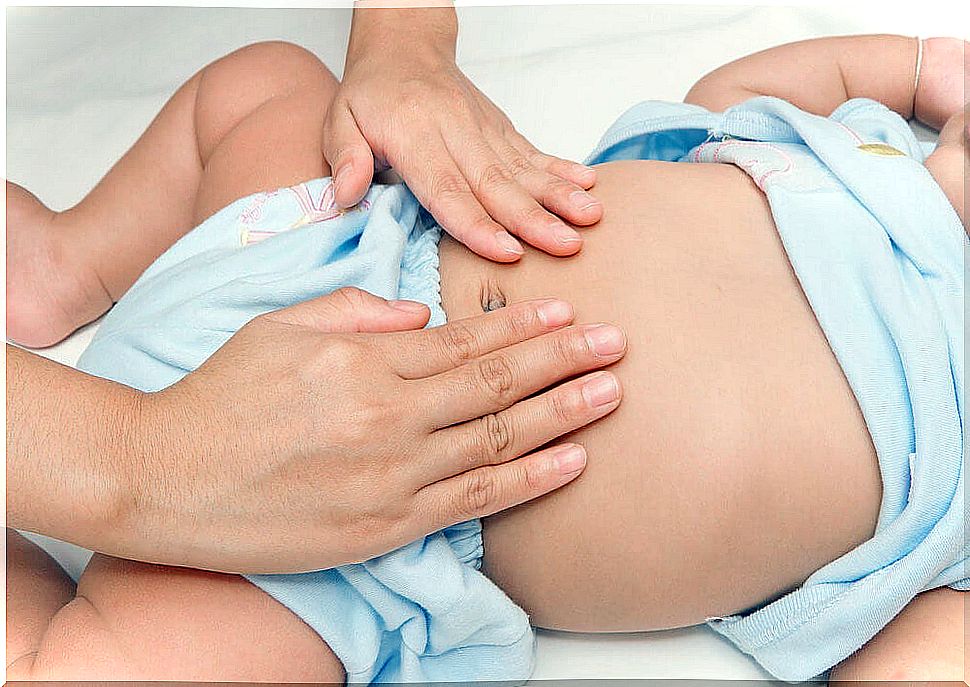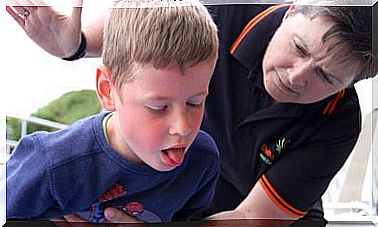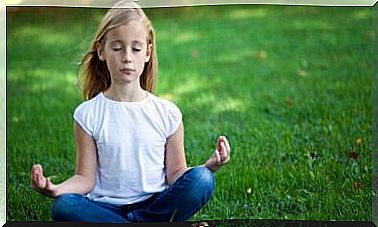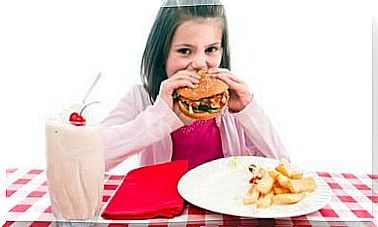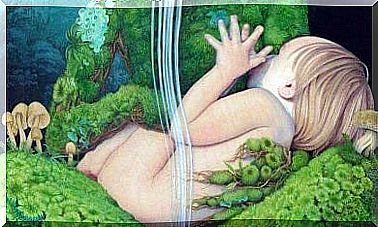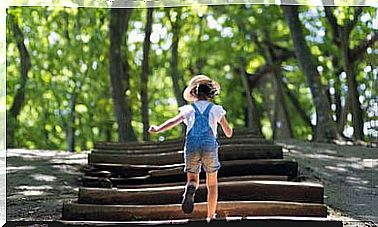5 Dangerous Natural Remedies For Children

Not everything natural is safe. There are some dangerous natural remedies for children. Generally, people think that herbs are harmless because of their natural character, but it does not always happen this way.
Although they have medicinal effects and provide benefits to our body, it is also likely that natural remedies can be potentially dangerous. With the ‘natural’ label, a large number of products are marked: food, cosmetics, cleaning products.
Herbal or natural medicine, as it is commonly known, is the use of plants to combat conditions or diseases. They are generally taken orally in capsule or tablet form, in infusions, or applied to the skin in the form of ointments and oils.
Can children take medicinal plants?
It is a common practice to use certain plants, considered medicinal, to combat mild conditions related to the health of children. The most common diseases to treat are: colic, diarrhea, flu and colds, stomach pain and even asthma.
However, no matter how common they are, natural remedies can be dangerous for children; among other things, because of the side effects they can cause. The little ones have a vulnerable immune system, which can be significantly affected.
A study published in 2012 affirms that certain plants considered medicinal can cause adverse reactions in children. When any type of medication is administered to a minor, their age and weight must be taken into account.
It must always be remembered that the metabolism of children is immature and they can present sensitivity; poisoning is one of the most common symptoms.
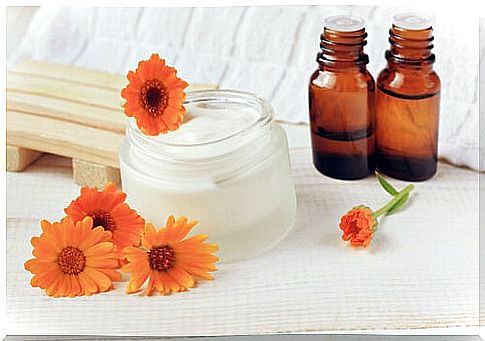
5 dangerous natural remedies for children
Star anise
Mothers tend to use star anise to avoid gas, especially in very young children . It is a common practice to add a little of this infusion in the bottles to alleviate these spasms.
It must be considered that the infusion of star anise can have harmful side effects for the child. For example, it can cause heartburn, nausea, and vomiting.
Epazote
Of Mexican origin, epazote has always been recommended to eliminate certain parasites and intestinal worms in children. It is recommended to take it as an infusion on an empty stomach.
In fact, this plant has a high level of toxicity and can be life-threatening for children under the age of five. The main symptoms are: abdominal pain, dizziness and vomiting.
Chamomile
This plant is widely used in the form of an infusion. However, in young children the infusion of chamomile affects their intestines. In high doses, it can cause vomiting, severe diarrhea, and even risk dehydration.
Willow
Willow is recommended for many conditions, but especially to combat pain and fever. It has a high content of salicin, with analgesic properties.
The willow is taken as an infusion; mothers generally give it to children when they have flu or colds.
Willow infusion is contraindicated for children between 0 and 6 years old. Consuming plants with salicylates is dangerous, according to an article published in 2006.
Salicylate is the same component as aspirin and can have serious consequences for your liver and brain. Likewise, this active principle can cause gastritis and stomach ulcers.
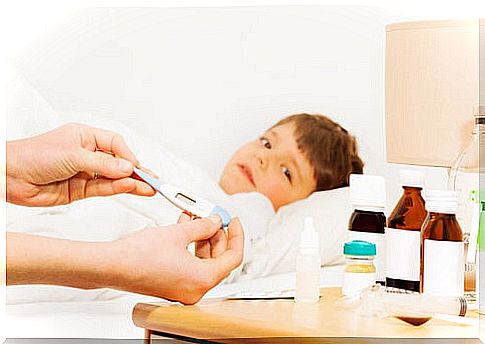
Castor oil
A large part of the cases of poisoning by natural remedies in children is due to the use of essential oils , either used externally or ingested. These oils are completely contraindicated for the little ones in the house.
Castor oil is used as a laxative; therefore, it is customary to give to children with chronic constipation. This practice can produce serious adverse effects in minors, such as intestinal obstructions, bronchial diseases, severe diarrhea and abdominal pain.
It is necessary to be cautious against natural remedies
As we can see, the habit of supplying our children with natural remedies can be dangerous; we must consult the pediatrician about any natural medicine or drug.
In practice, the recommended doses for an adult can be disastrous for a baby or child under five years of age. The side effects of medicinal plants can cause a worsening of the primary condition or symptoms suffered by the infant.
